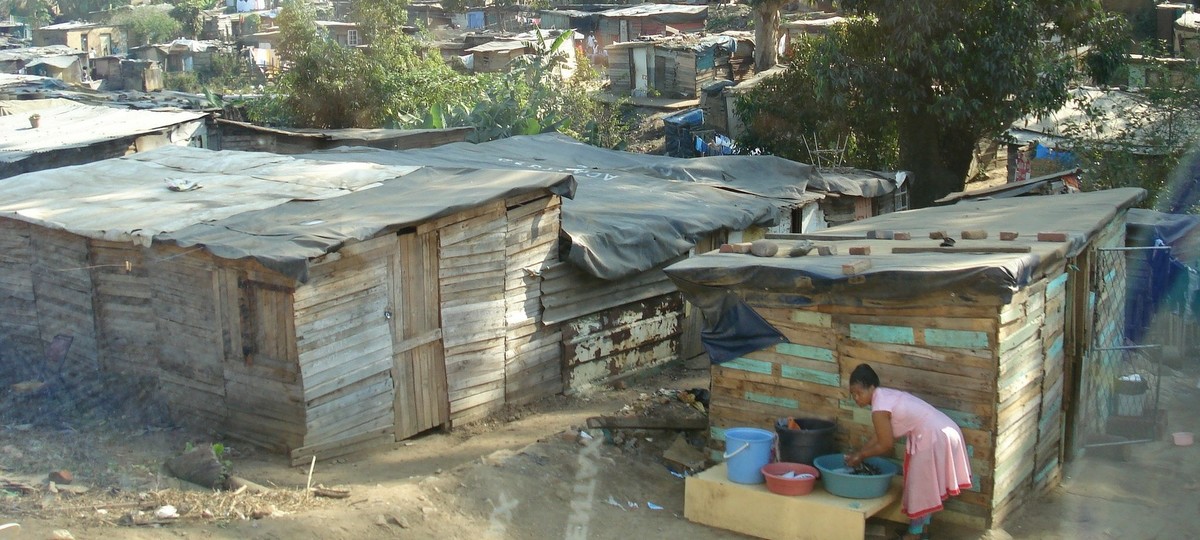
No one has presented the social vision of the left more often than Nicholas Kristof of the New York Times — and no one has been more certain that those who do not happen to share his vision "just don't get it," as he has repeatedly declared.
Mr. Kristof's essay "Growing Up Poor in America" in the October 30th New York Times is a classic example of the mindset of the left.
It begins with the story of a poor black teenager in Arkansas, being raised by a single mom. Sometimes he goes hungry and his home does not have even one book. But it does have television sets with huge screens, and apparently there is money enough to buy marijuana.
Surely we can all agree that this young fellow has very unpromising future prospects ahead of him, and that this is a human tragedy. The circumstances of his life are unfair to him and none of us would want to be born into such circumstances. Moreover, he is just one of many who are brought up in a setting that is full of dangers and with a low probability of improvement.
But that is not enough for Mr. Kristof or for the political left in general. Of such youngsters he says, "as a society, we fail them long before they fail us."
Whoa! Just when did "society" make the decisions and engage in the actions that have led to this teenager being in the bad situation he is in? And just when did "society" acquire either the omniscience or the omnipotence to prevent it?
When the left says "society" they usually mean government. That is apparently what "society" means in this case, for Kristof laments that this teenager is "the kind of person whom America's presidential candidates just don't talk about."
If the left chooses to believe that government intervention is the answer to such tragedies, that is their right. But, if they expect the rest of us to share that belief, surely they could subject that belief to some empirical test. But we can, however.
The 1960s were the triumphant decade of those who wanted government intervention to "solve" what they called "social problems." How did that work out? What were things like before this social vision triumphed? And what were things like afterwards?
Homicide victimization rates among black males were going down substantially in the 1940s and the 1950s. But homicide victimization rates reversed and skyrocketed in the 1960s, wiping out all the progress of the two previous decades.
When the 1960s began, most black children were born into families with both a mother and a father. After the great welfare state expansion during the 1960s, most black children were born to a single mother, like the youngster in Arkansas today.
Kristof's essay also mentions a teenage girl who is a single mother, and suggests that "sex education" could have prevented her from getting pregnant. Teenage pregnancy was going down — repeat, DOWN — during the 1950s. It reversed and shot up after the 1960s began bringing the "sex education" vision into schools across the country.
Very similar trends occurred in England, after very similar visions and policies also triumphed there in the 1960s. Perhaps it is the left that just doesn't get it — or cannot face the hard fact that its own vision and policies worsened the very things they claimed would be made better.
Comment by clicking here.
Thomas Sowell, a National Humanities Medal winner, is an American economist, social theorist, political philosopher and author. He is currently Senior Fellow at the Hoover Institution, Stanford University.


 Contact The Editor
Contact The Editor
 Articles By This Author
Articles By This Author